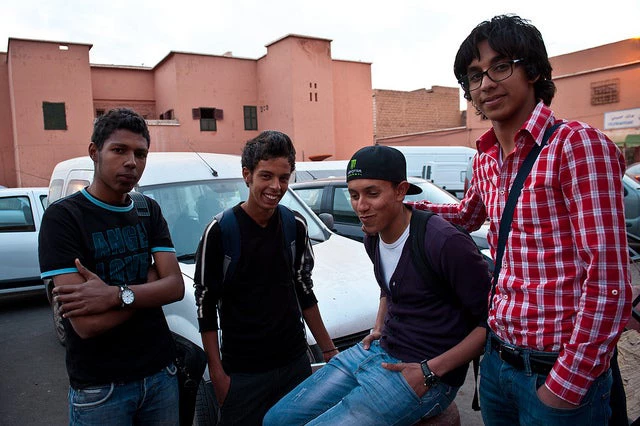International Youth Day is a time to consider the situation of young people in labor markets. Worldwide, an unprecedented number of young people are not working and not in school or training. Many are discouraged due to lack of opportunities and no longer looking for work.
There is a huge gap between the number of young people entering the workforce and the available jobs. During the next 15 years, a total of 600 million new jobs are needed for young people entering the workforce.
The proposed Sustainable Development Goals acknowledge that countries will benefit from having healthy and well-educated workforces with the knowledge and skills needed for productive and fulfilling work, and full participation in society.
However, the governments’ ability to respond to this huge challenge is compounded by insufficient evidence on what works to support young people into productive work at a global scale. The situation is more severe in the developing world where some 75 million young people are currently unemployed. Young people are 3 times more likely to be unemployed than adults- and hundreds of millions more underemployed.
While this narrative creates an urgent global challenge, Plan International believes that with the right investments, the creativity and energy of today’s youth can be mobilized into large, economically-productive workforce that can drive economic gains—a phenomenon known as the demographic dividend.
Scaling up for transformation
In recent years many organizations, with support from various donors, have been implementing programs that help numbers of young people to enter into jobs or self-employment. There is no doubt that these programs have improved the lives of many young people; however, these individual programs are not large enough to be transformative. Some maintain that more donor investment is needed to expand these programs.
The World Bank Independent Evaluation Group (IEG) review maintains that there is insufficient evidence on what works to support young people into decent work, recommending a strategic approach: working across sectors and rigorous evaluations and research to compile more evidence.
The whole is greater than the sum of its parts
The World Bank Group, understanding that investing in youth employment is essential to ending extreme poverty and boosting prosperity, joined forces with Accenture, Plan International and other organizations to establish a global coalition to tackle the challenge of youth employment, launching Solutions for Youth Employment (S4YE) in October 2014.
A five year S4YE strategy has now been developed with input from governments, international institutions, foundations, civil society organizations and the private sector. The first of three to be developed during the 15-year initiative, this strategy sets forth an ambitious goal to provide support to employment and productive work for 150 million youth by 2030.
The basic approach will be to focus on investing in effective and sustainable solutions, based on bringing different players together and learning from what works for youth unemployment. The coalition will focus particularly on regions where youth employment challenges remain most pressing and for inclusion of vulnerable youth and gender equality in productive work.
The research agenda of the initiative aims for better understanding of the demand side and skills needed by employers, the role of technology in shaping the labor markets and the workforce, and effective ways to promote entrepreneurship, self-employment and quality jobs.
Working together toward a better future for all
The new S4YE strategy proposes to meet the 21st century global challenge of youth employment by joining forces and making a commitment to improve youth employment outcomes through concrete and measurable actions.
Economic empowerment through quality jobs and productive employment can enable young women and men to become critical agents of change and channel their infinite capacities for activism into the creation of a better world. Hopefully in coming months many governments, commercial enterprises, social partners, and civil society organizations will bring their expertise into the coalition and work together at all levels to integrate young people worldwide into the world of work.
Related:



Join the Conversation